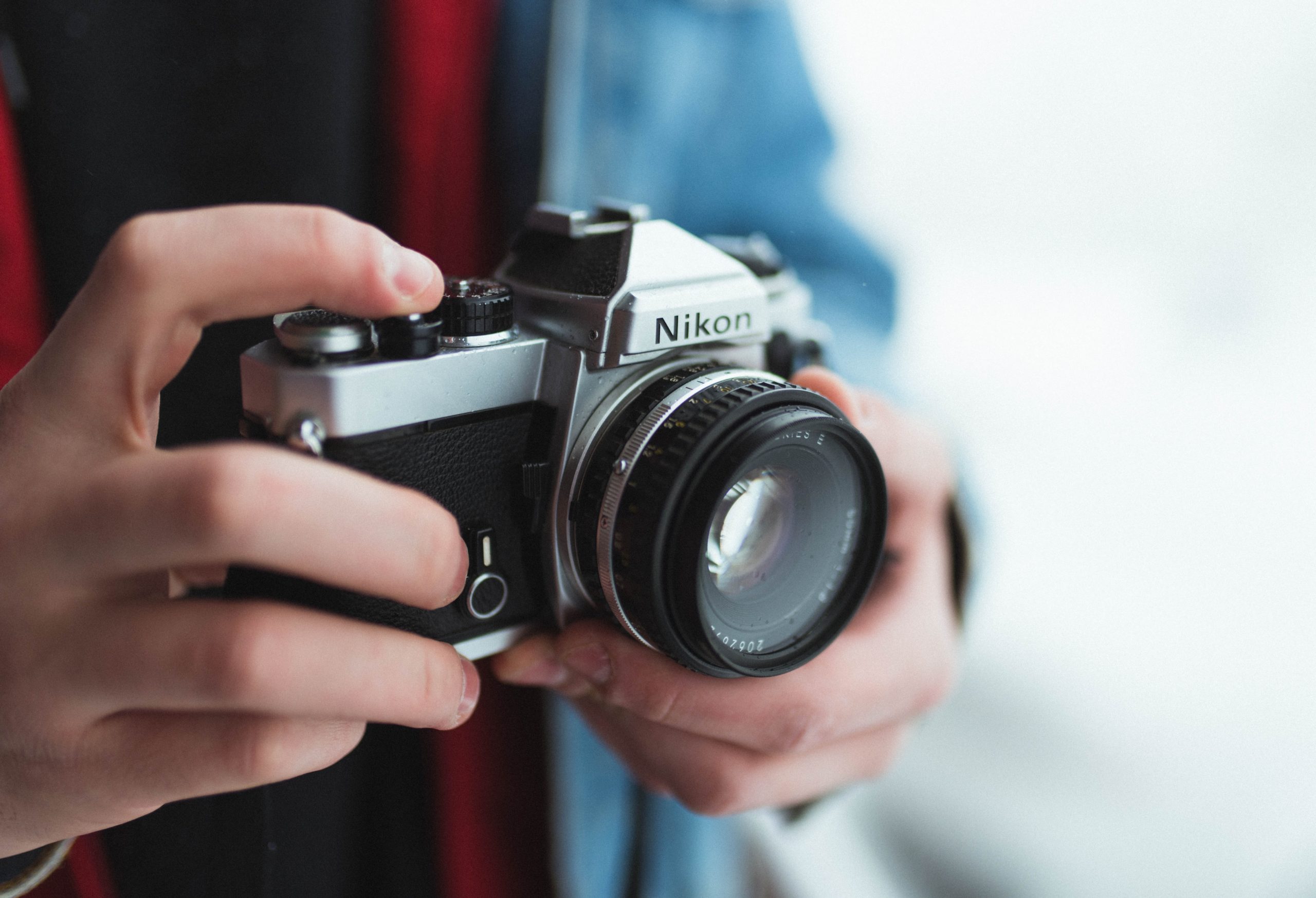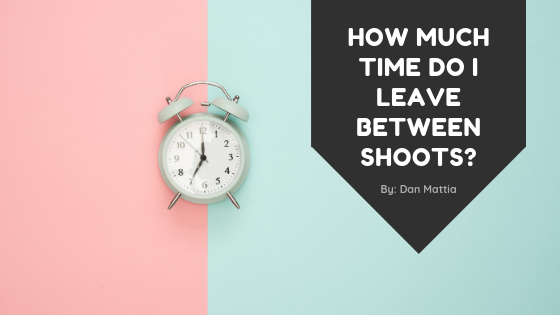Do Photographers Need College Degrees?
Novice photographers are often faced with two choices before embarking on a professional career path: attend school or learn as they go.
There’s no one right answer. Every photographer has a unique situation and set of goals. Some novices may not be able to afford college tuition, while others may simply learn better in a classroom.
Thankfully, there are plenty of ways to learn photography, but which one is right for you?
Formal Education for Photographers
Formal education is the path many take after high school, regardless of a student’s choice of major or career goals. It’s the typical “college experience” that helps prepare you for the working world.
As with other fields, would-be photographers must choose a school that offers a program that appeals to them. Schools offer a variety of photography majors and programs and often encourage (or require) specialization in a specific aspect of photography, such as digital or advertising photography.
Before pursuing formal education, however, would-be photographers must consider:
- The cost of obtaining a degree
- Time spent in classes
- Courses that don’t adapt as quickly to changes in the field
On the flip side, those that do attend college in pursuit of a photography degree can benefit from:
- Networking and connections
- Internships
- A more well-rounded education, such as time dedicated to learning history, craft, and theory
- A professional certificate or college degree
Formal education helps open doors of opportunity for those that graduate a photography program. In this way, it may be easier for them to find a job or branch into another field, like teaching.
Self-Taught Education for Photographers
In contrast to a structured education, self-taught photographers are not bound by any one path or curriculum. Instead, they can pursue their passion for photography immediately after (and even before) high school graduation.
By following a self-directed regimen, photographers can focus on a particular specialization. They may also choose to attend a technical school aimed entirely at developing photography skills. From there, experience can be earned in real-world situations: on the job, either as an intern, employee, freelancer, or self-employed business owner.
Self-taught photographers miss out on:
- Earning a degree in photography
- A structured learning curriculum, such as courses in theory and history
- Access to experts and equipment found in a college setting
In contrast, self-taught photographers:
- Gain real-world experience
- Can begin their career immediately
- May adapt to the ever-changing landscape of photography
Self-taught photographers hone their skills through trial and error, with less guidance than those who attend school. For many, the ability to be in control of their own destiny is well-worth the trade-offs.
Choosing Formal Education or a Self-Guided Education
Between a formal education or self-guided education, which choice is best for a would-be photographer?
It depends.
Either choice brings its fair share of pros and cons. What ultimately matters is choosing a path that complements your lifestyle, finances, and goals.
There are merits to being, or hiring, either type of photographer. Passion for photography and a desire to continually hone and improve your craft will take you far, no matter the path you choose to walk.



